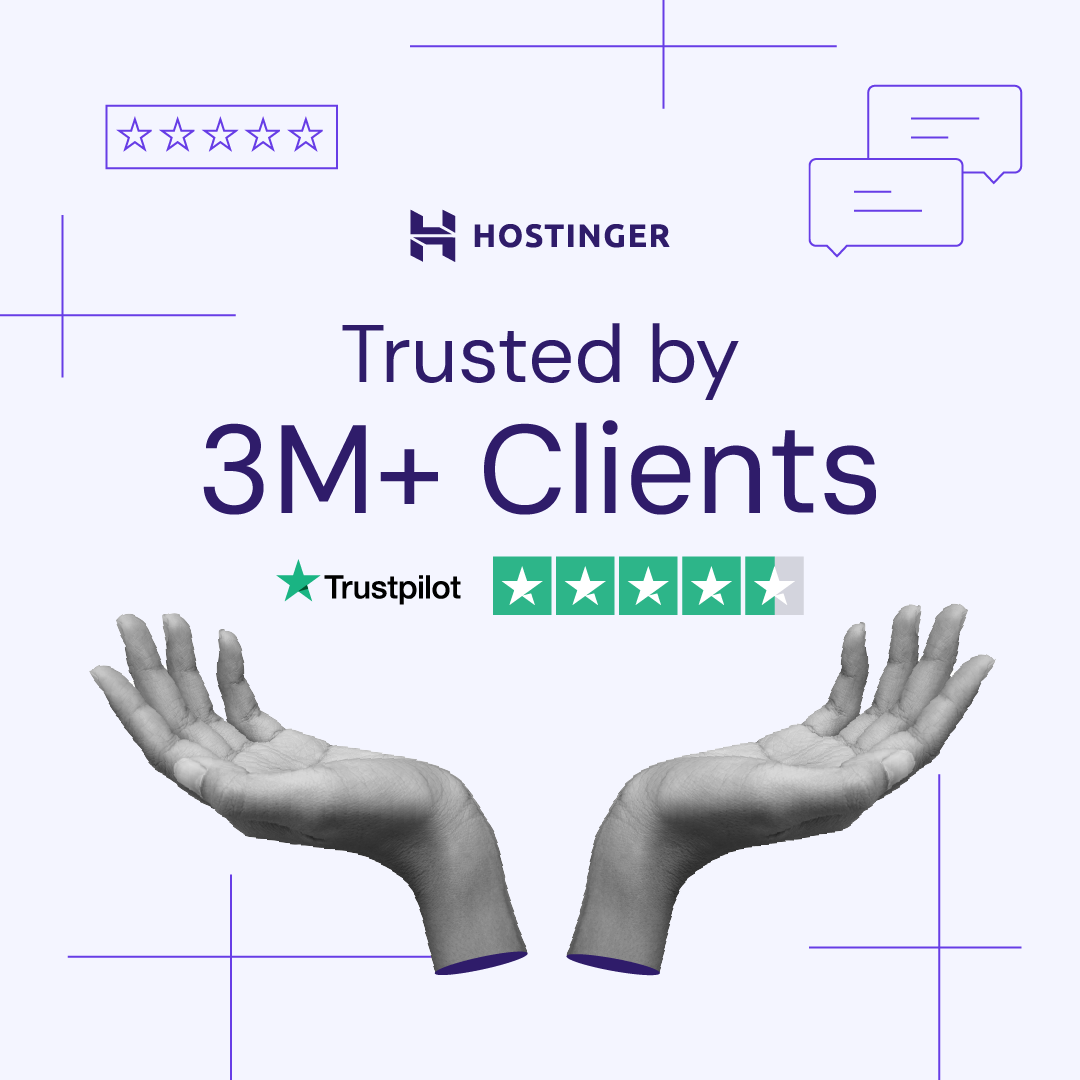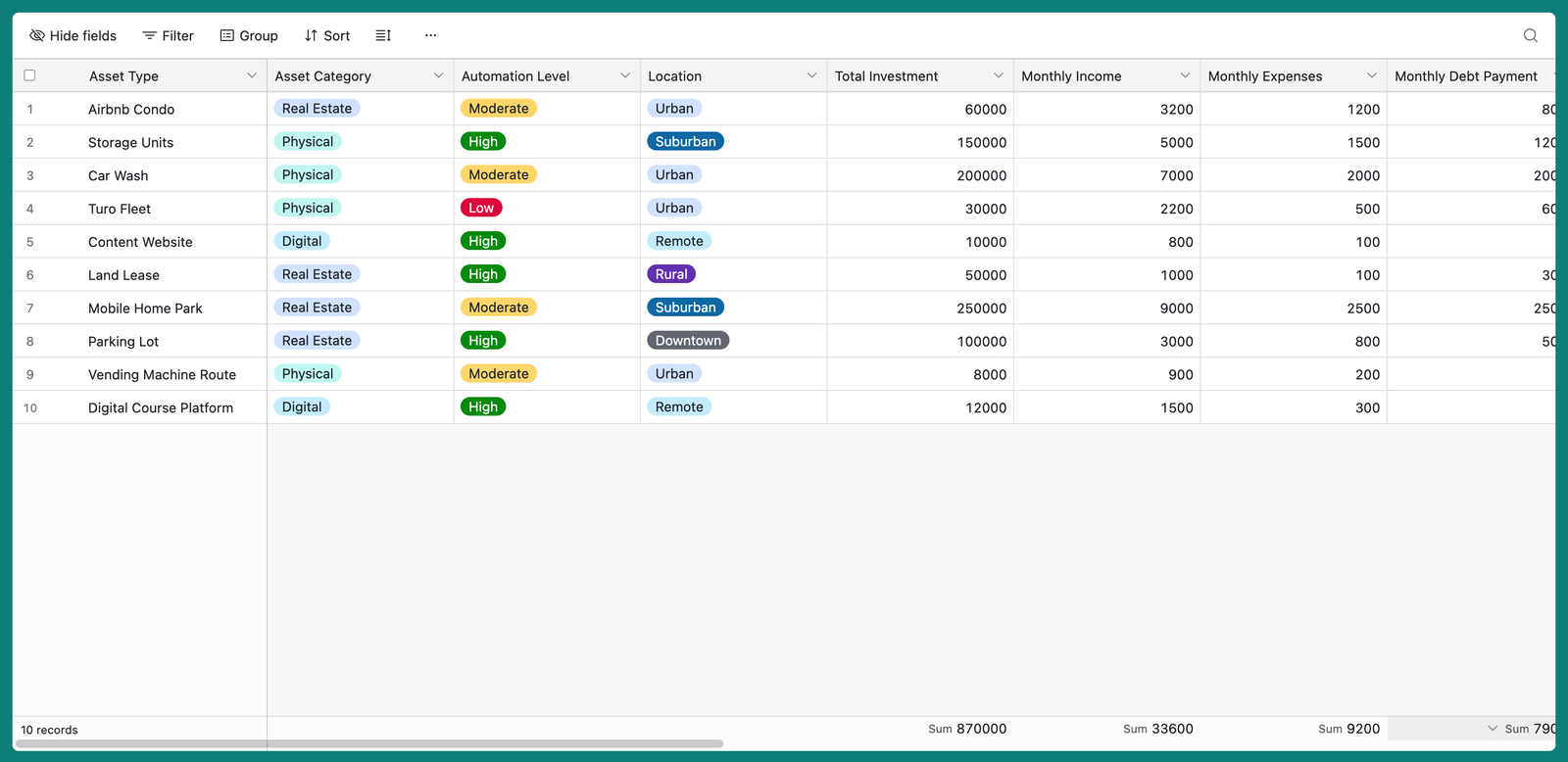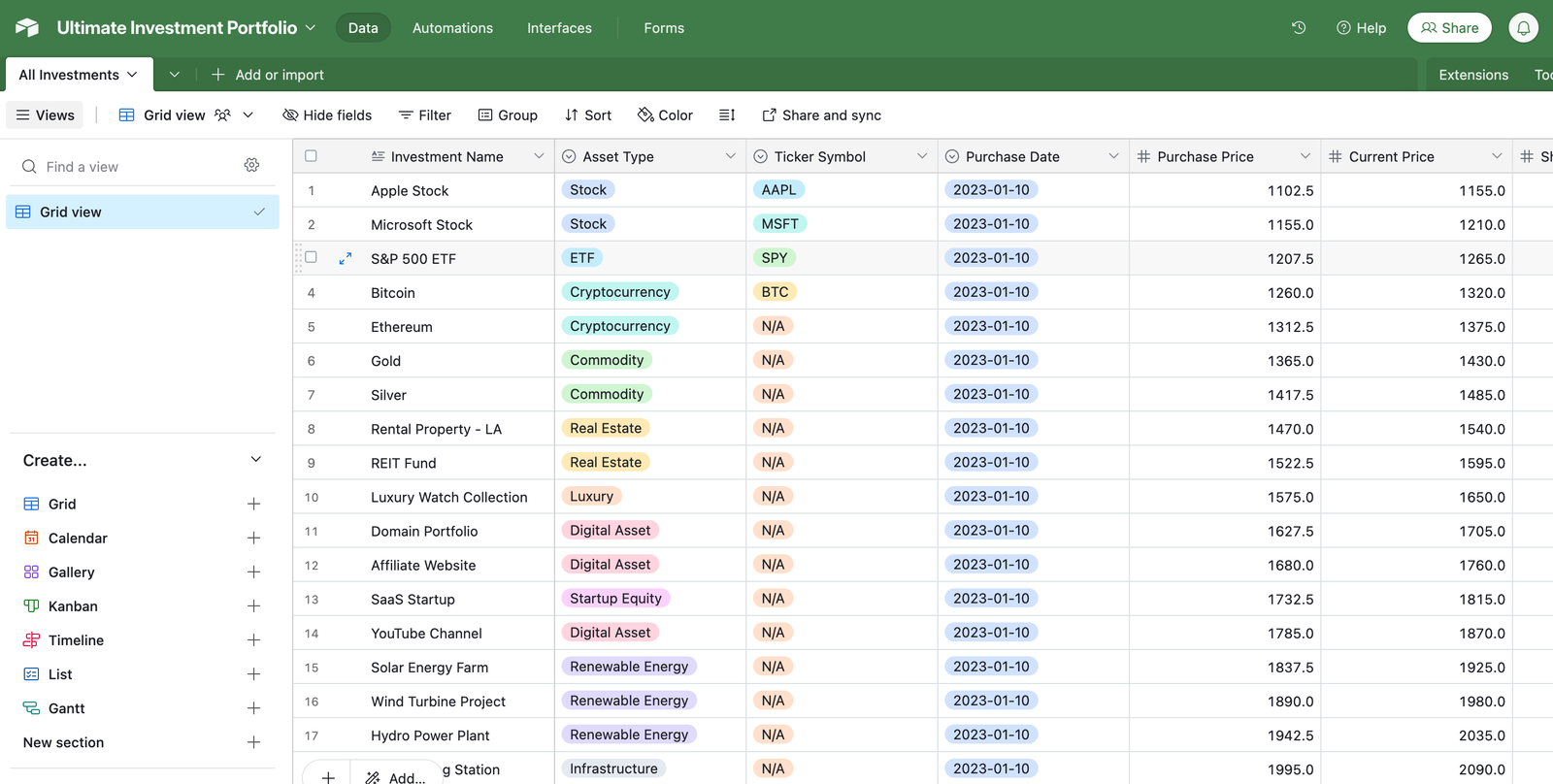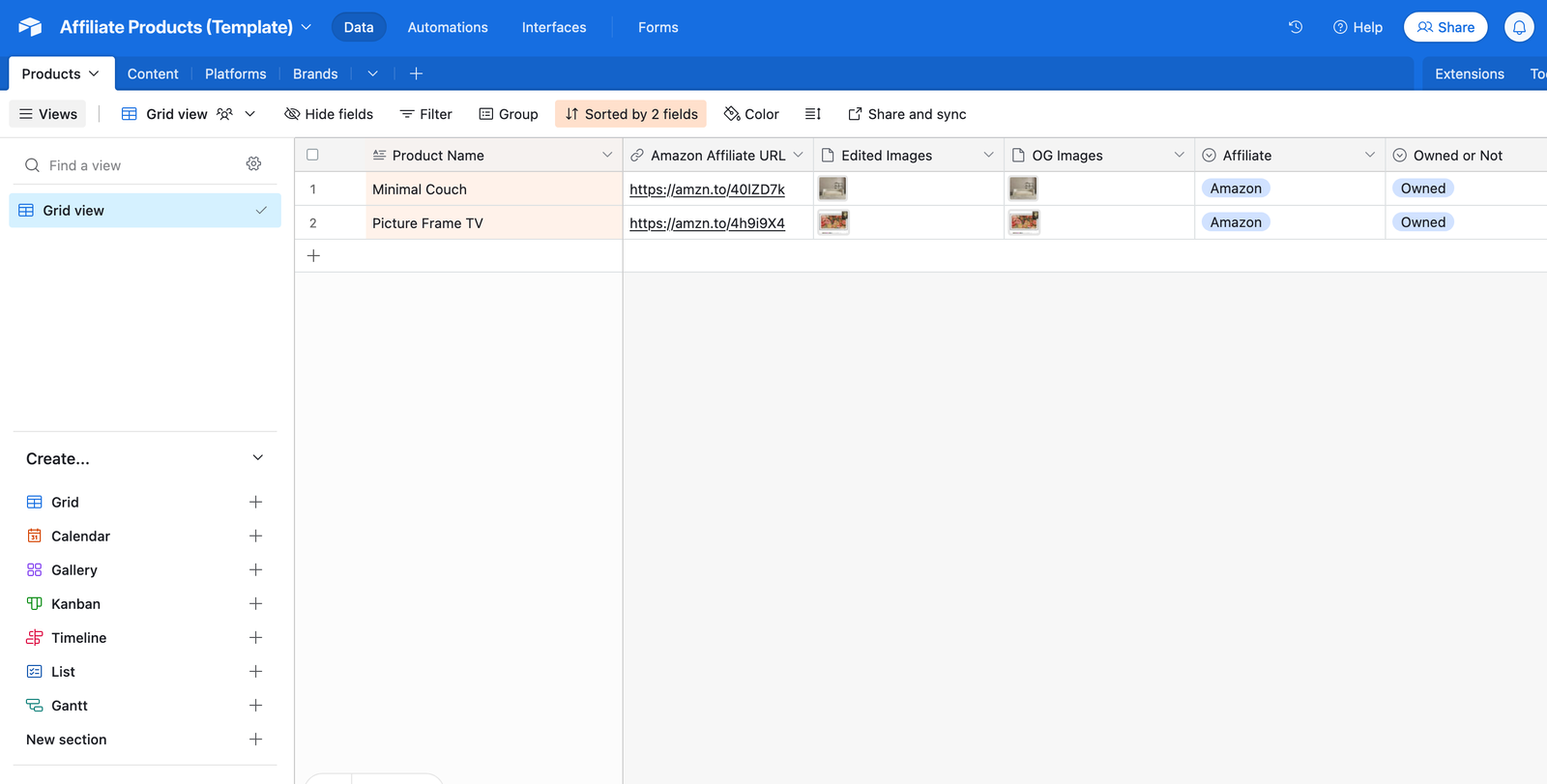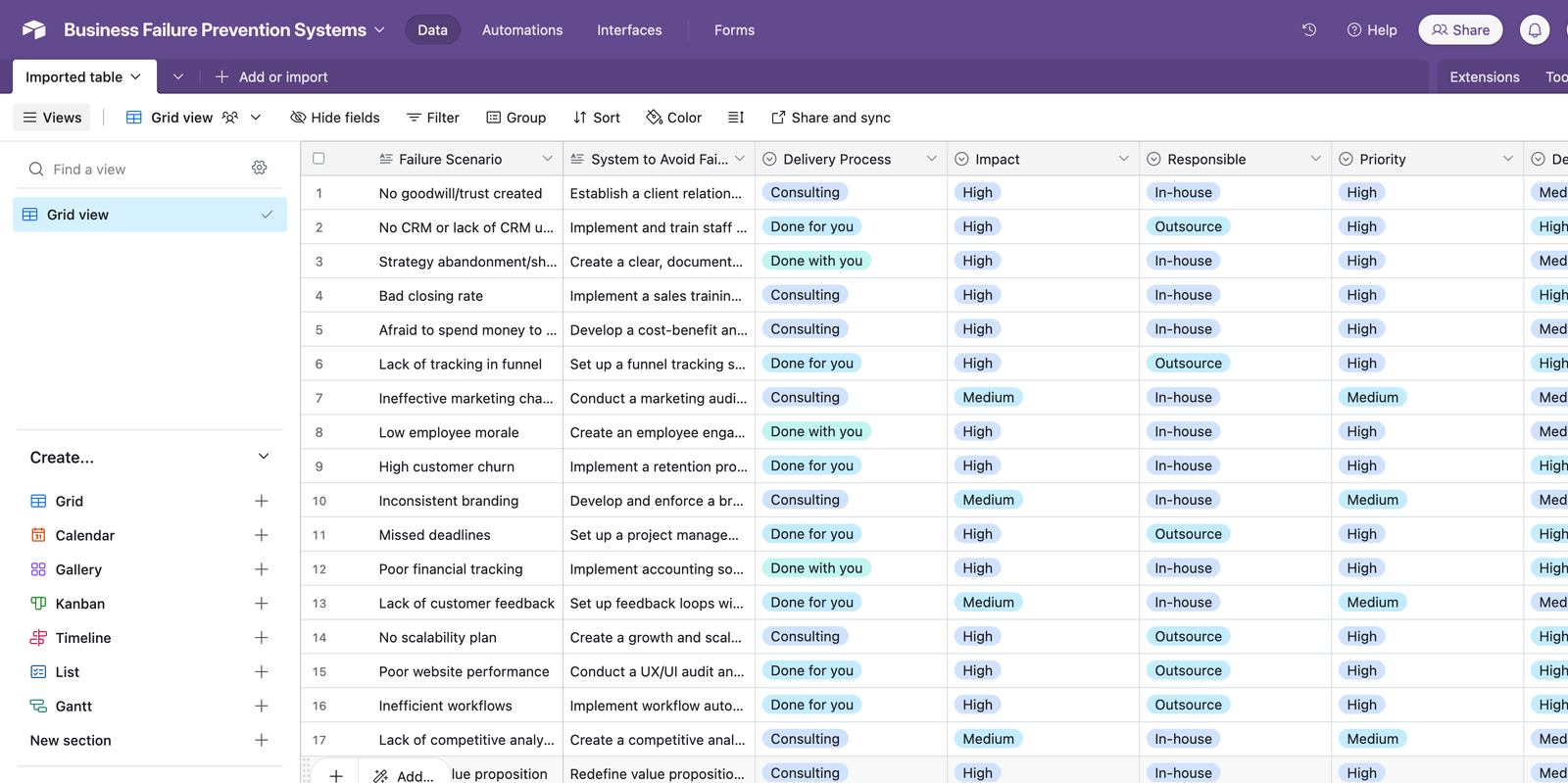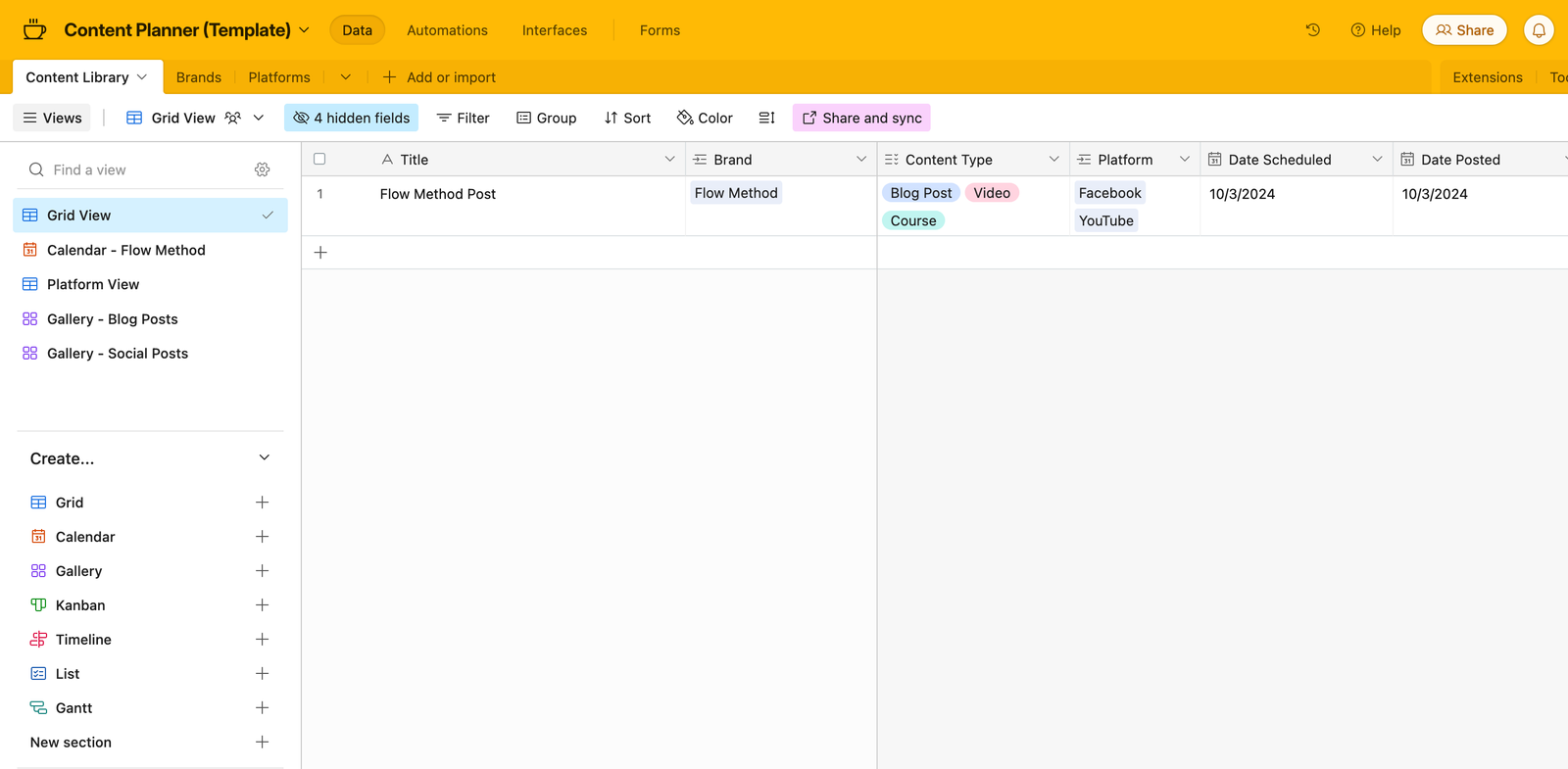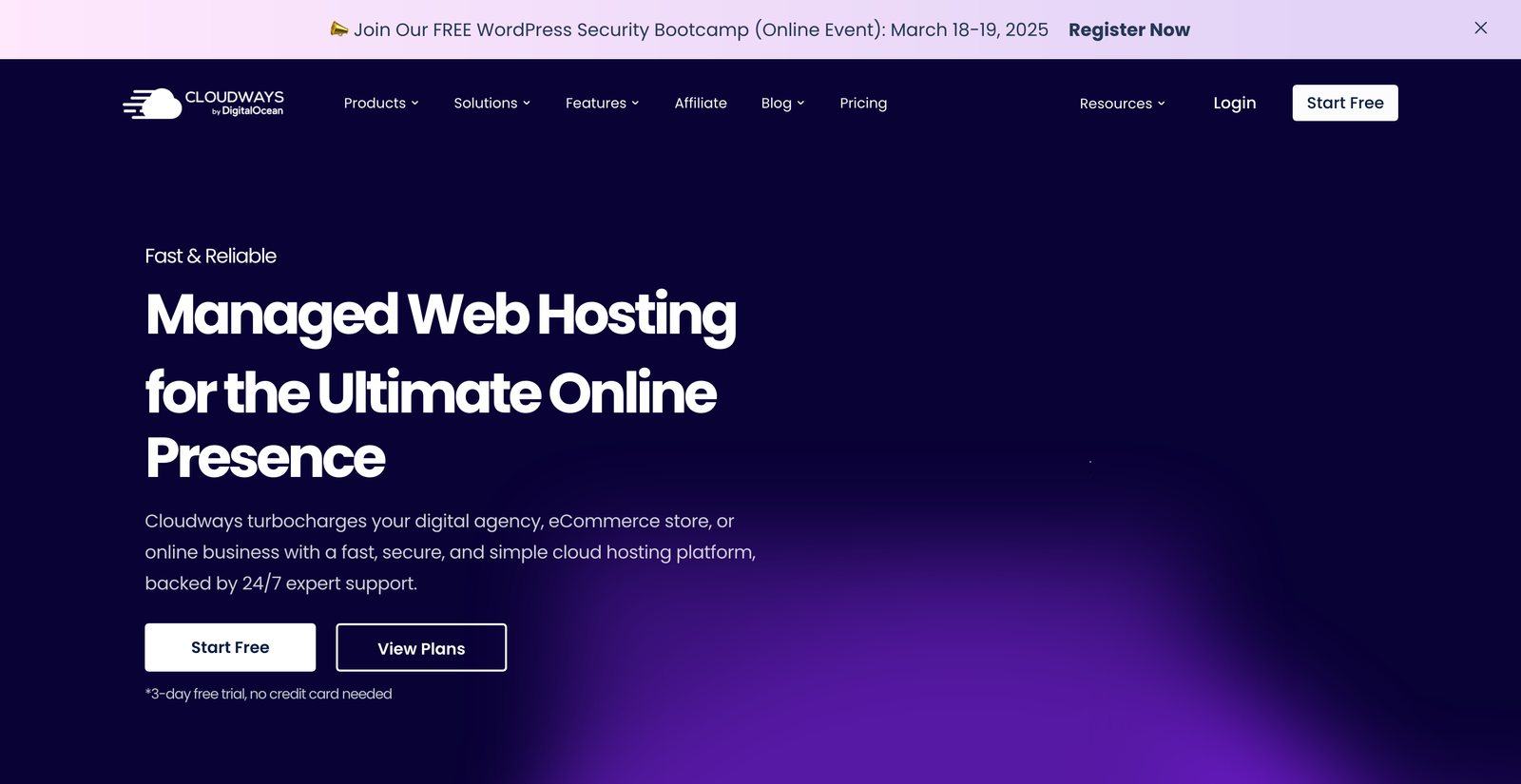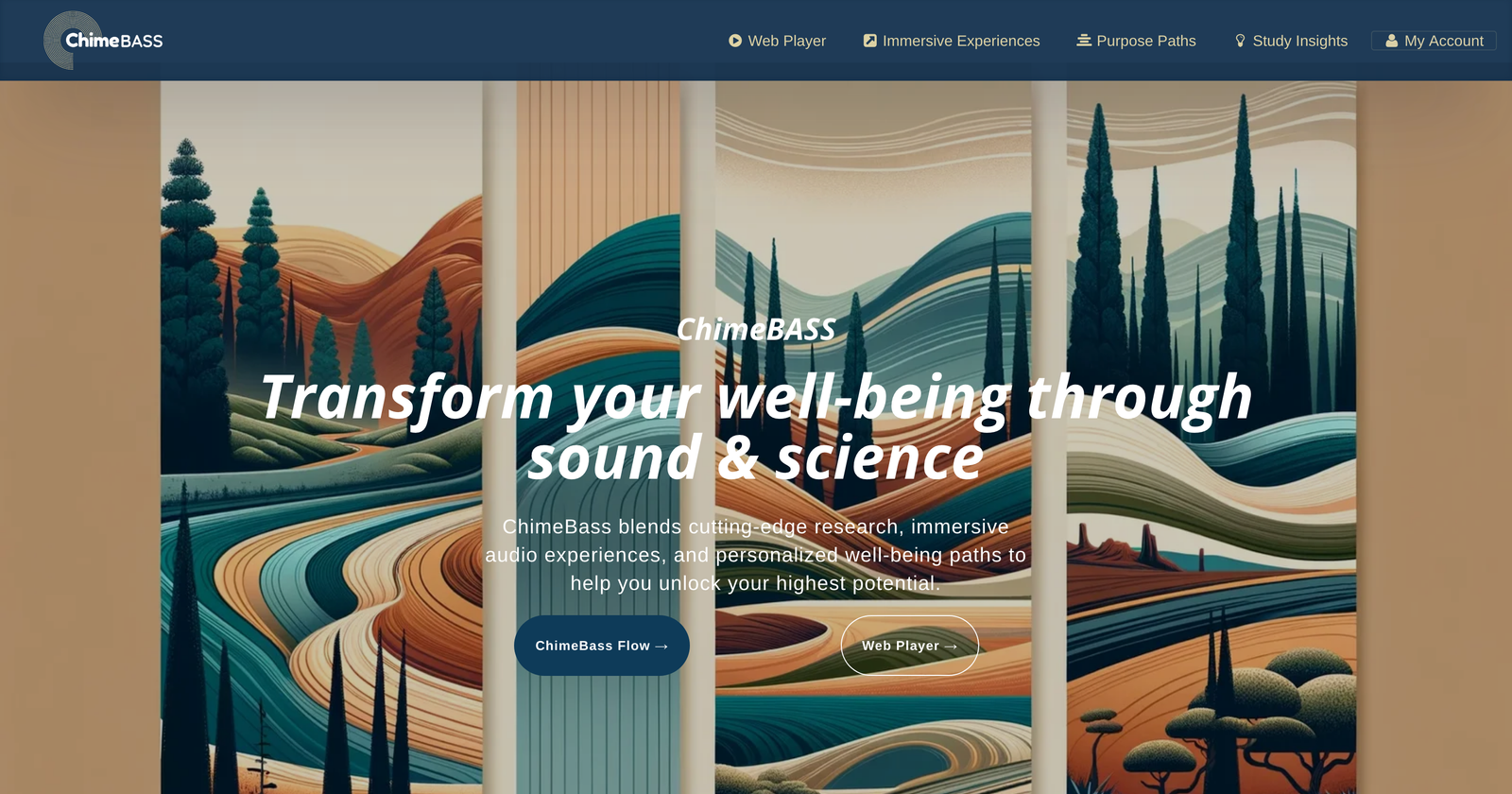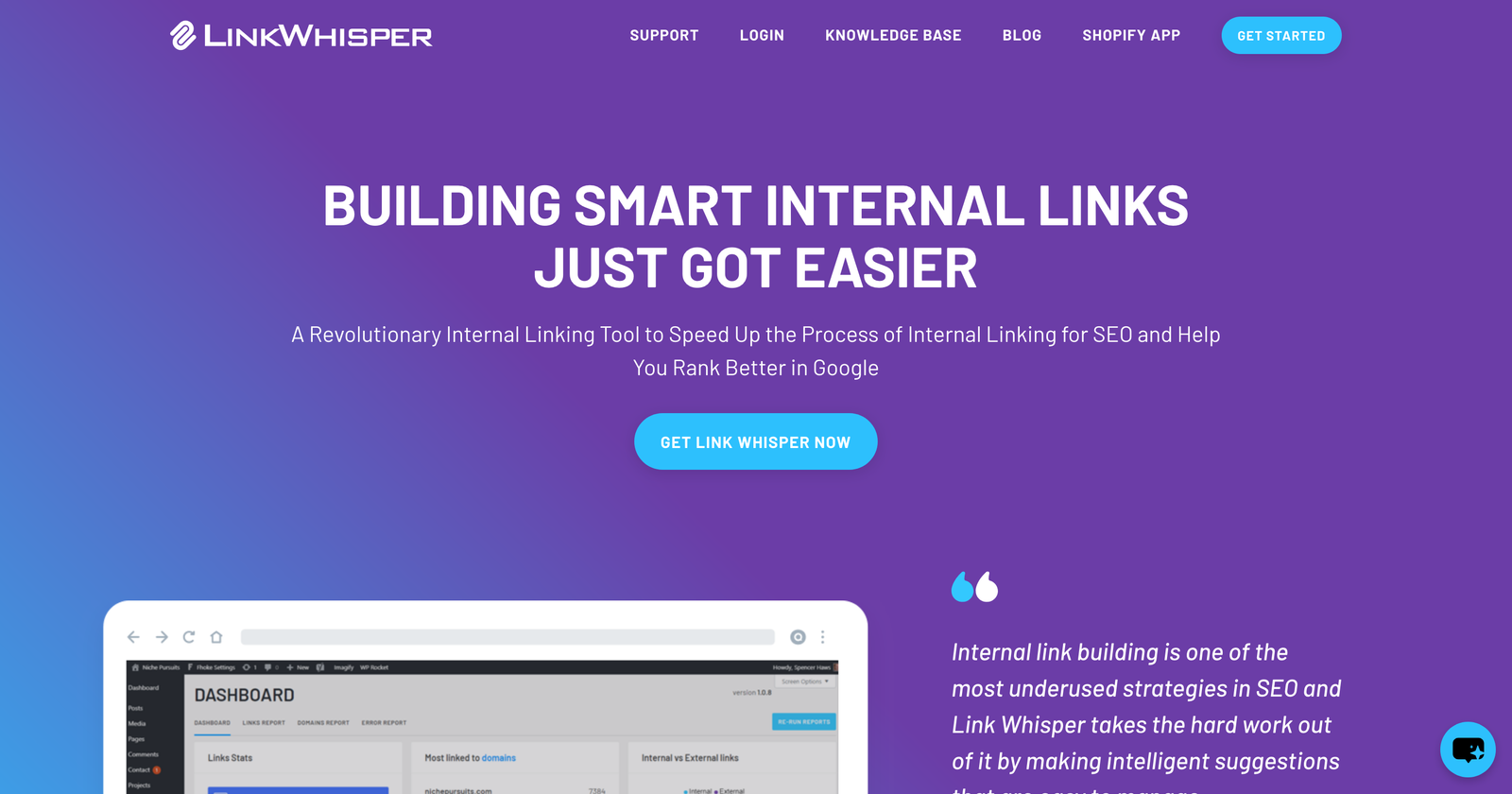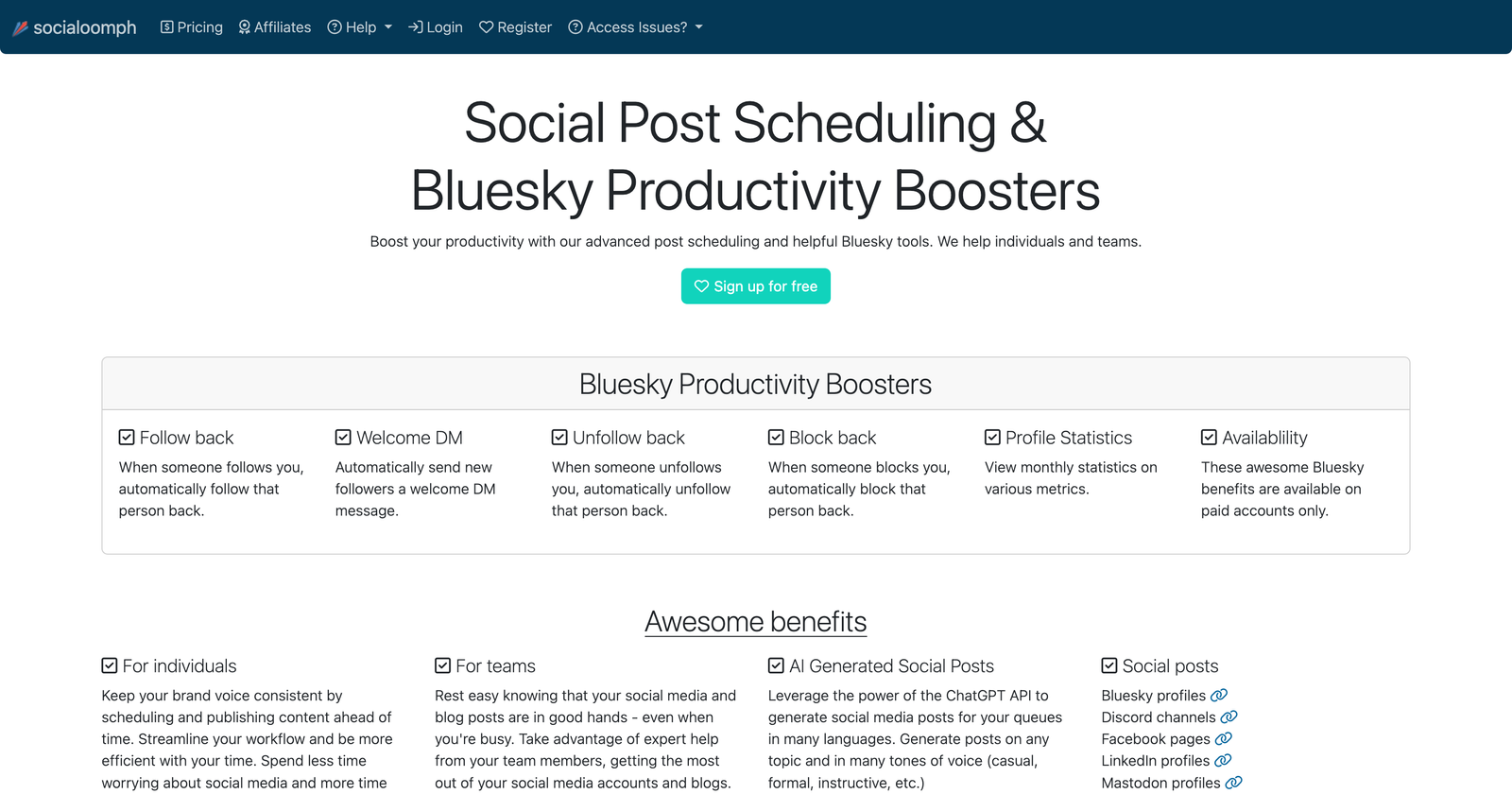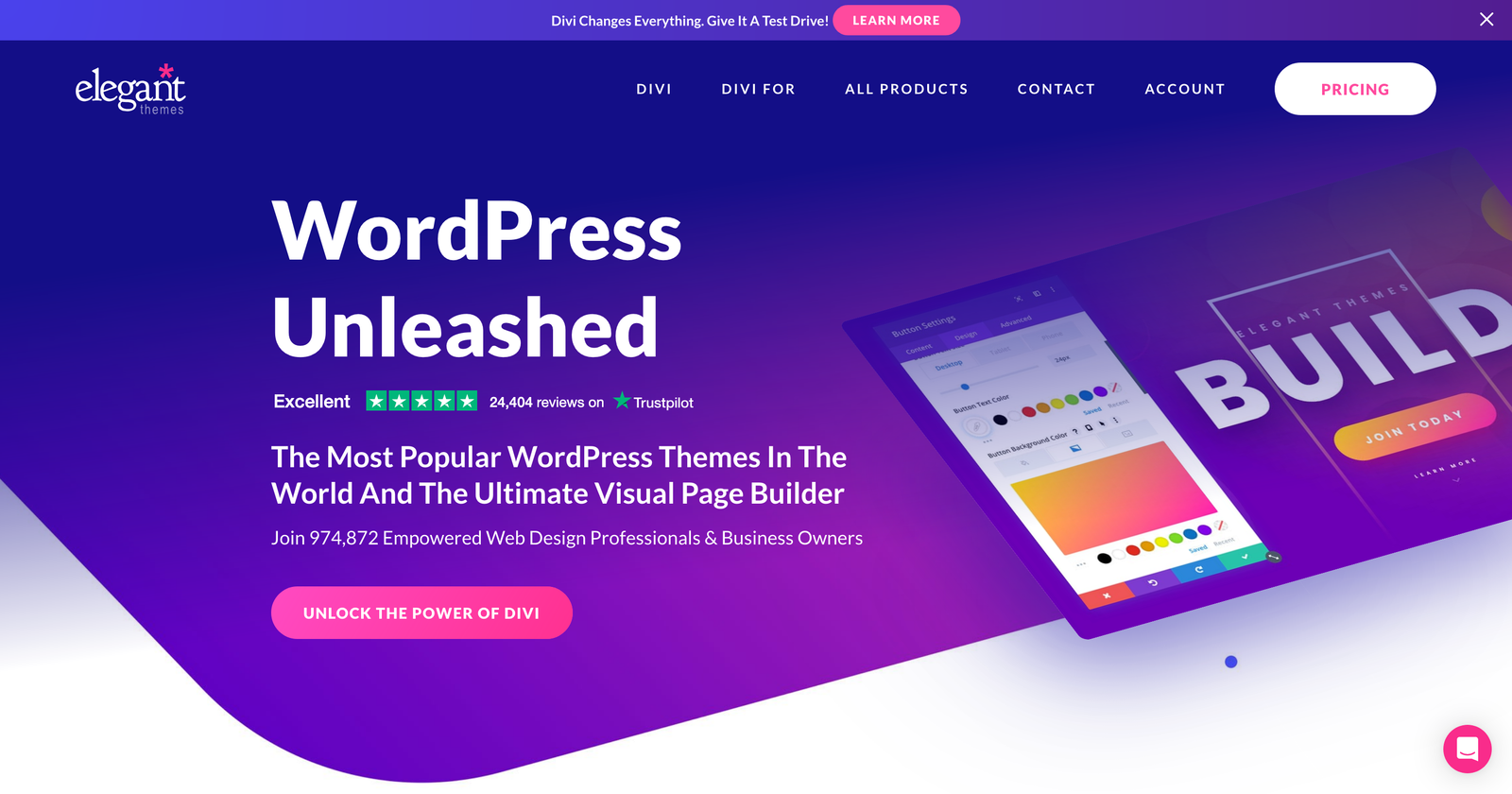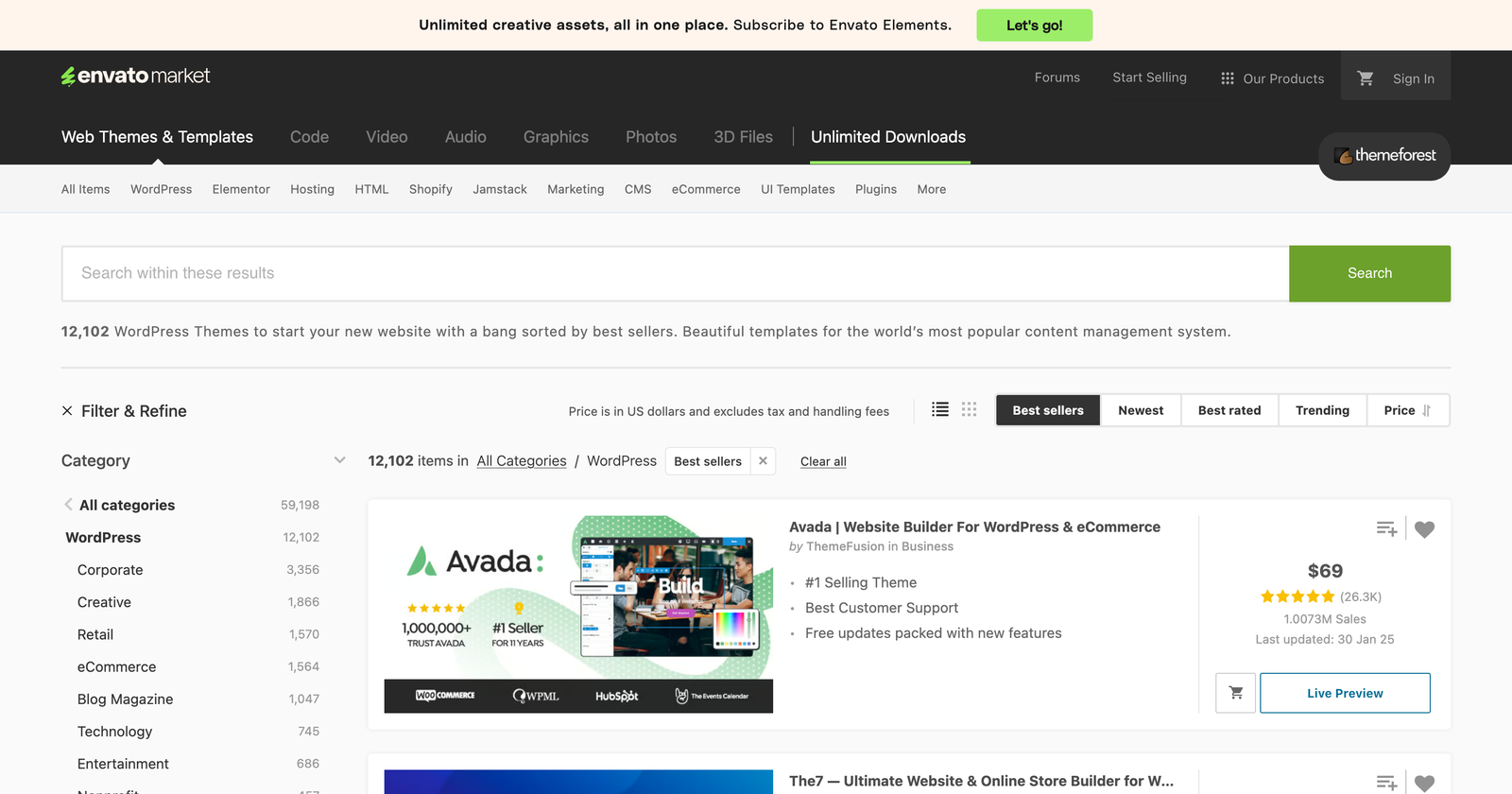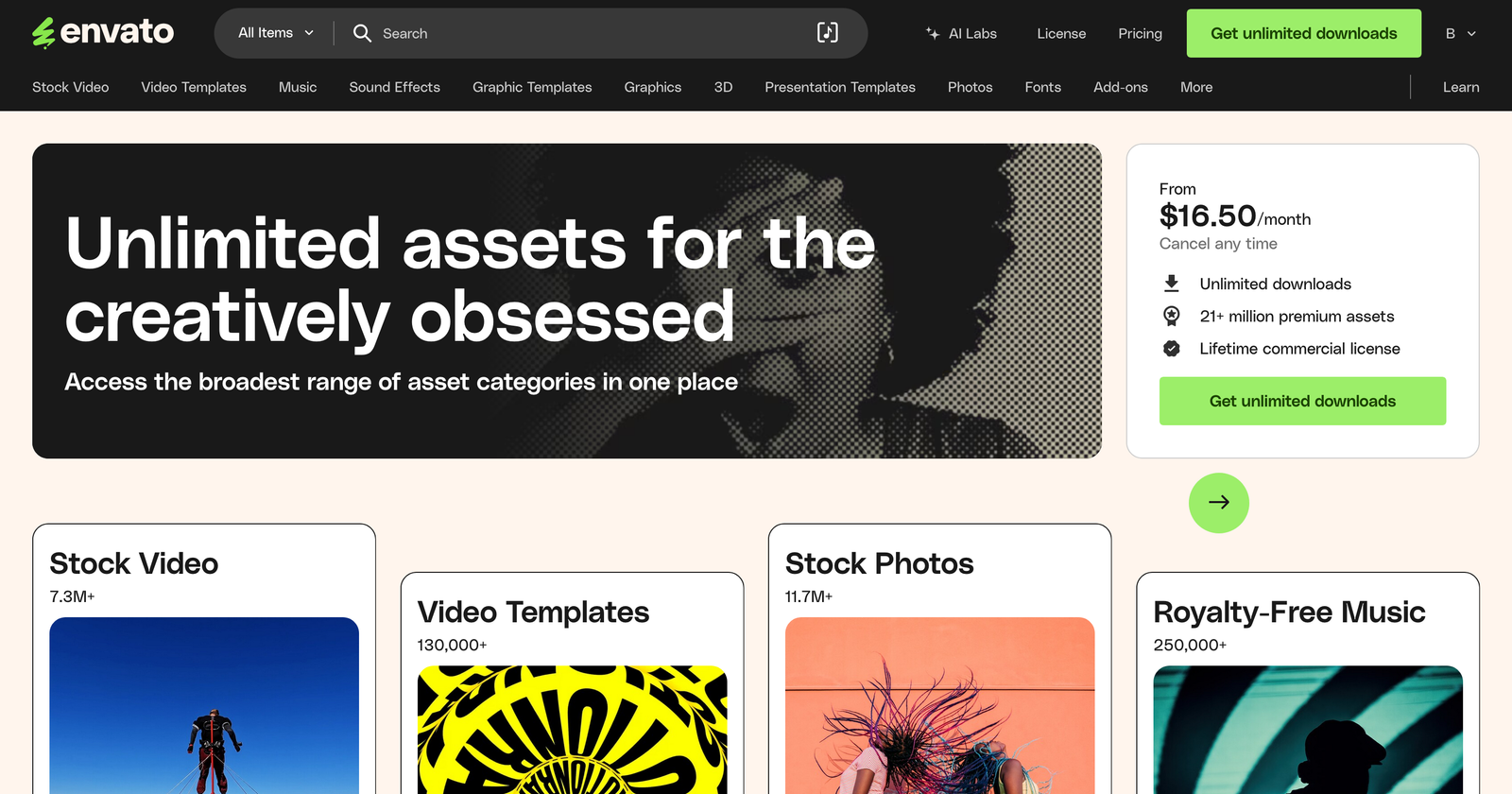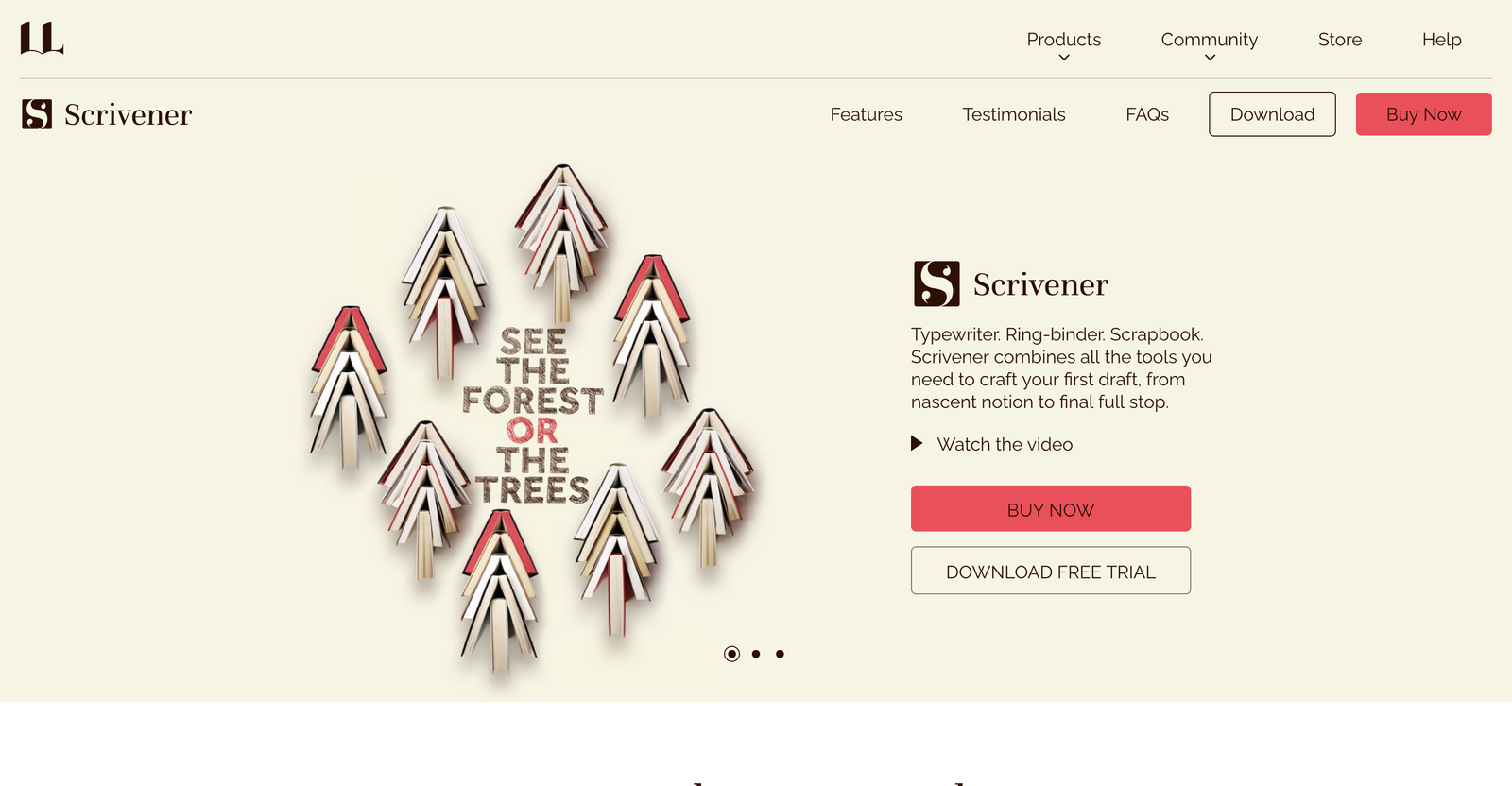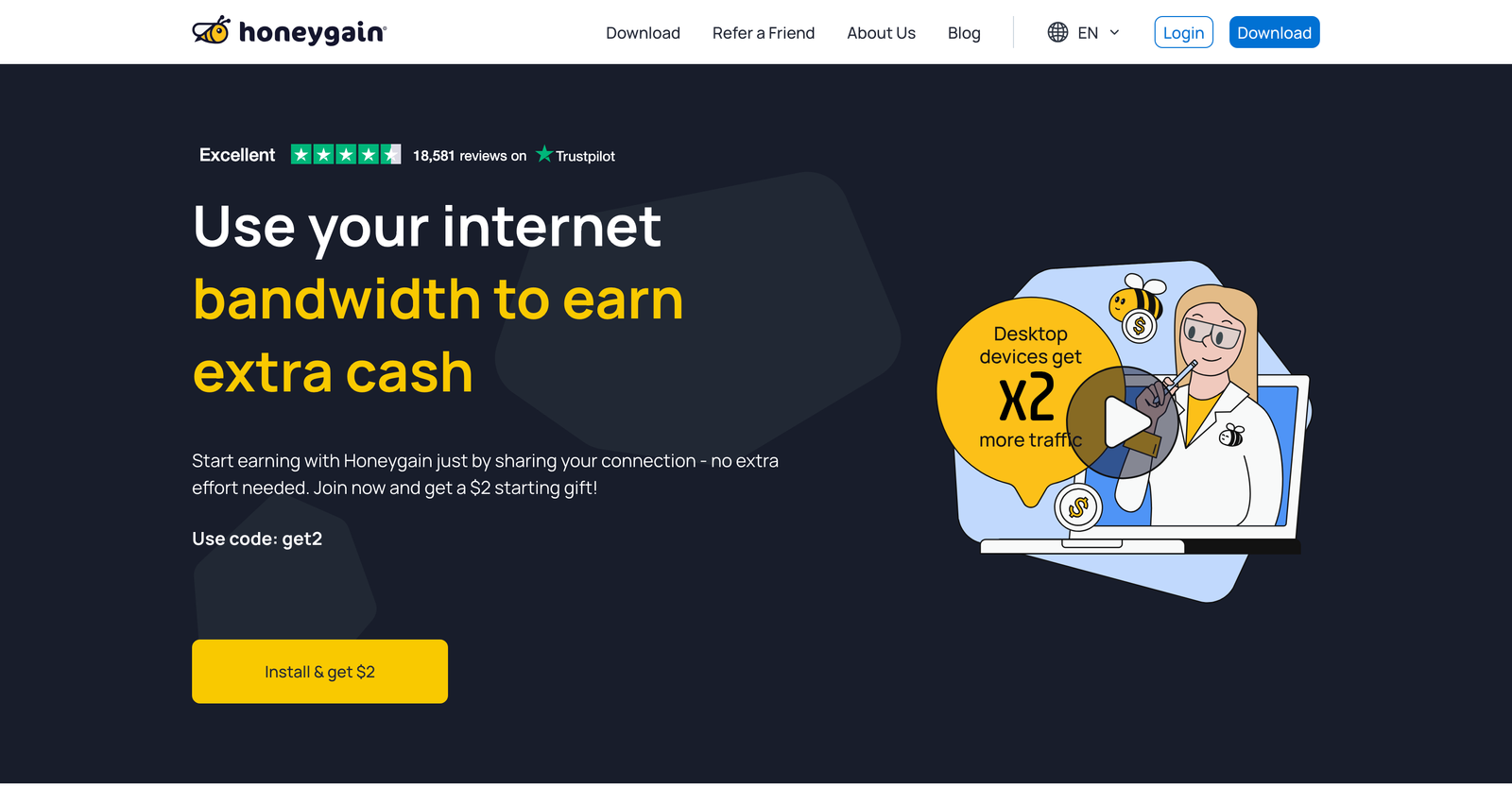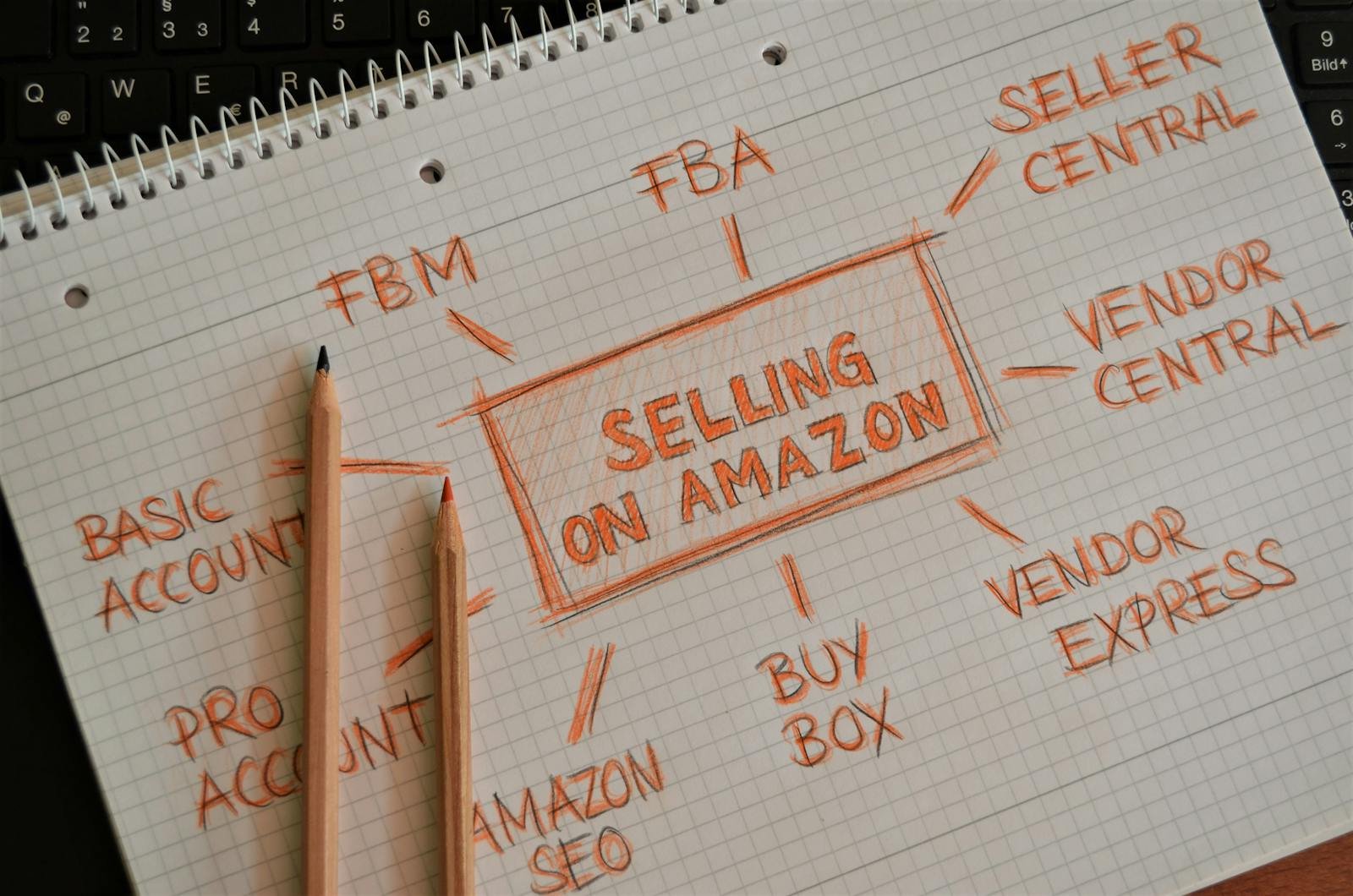Online Business Insights
A low-cost,
high-reward business model
Learn how to start, grow, and automate an online business with low startup costs, high scalability, and the flexibility to work from anywhere.
Online Business Insights
A low-cost,
high-reward business model
Learn how to start, grow, and automate an online business with low startup costs, high scalability, and the flexibility to work from anywhere.
Affiliate Marketing Business Insights
🏆 Overall Business Viability Score
💰 Profitability Score
🚀 Scalability Score
⏳ Time to Profitability Score
💸 Startup Cost Score
🛠️ Operational Complexity Score
📢 Marketing & Customer Acquisition Score
🤖 Automation & Passive Income Score
📈 Market Demand Score
⚠️ Competition Level Score
🌱 Sustainability & Longevity Score
📊 Revenue Stability Score
🏗️ Barrier to Entry Score
🎯 Target Market Size Score
🔧 Skill & Experience Requirement Score
📍 Location Flexibility Score
💼 Legal & Compliance Complexity Score
🔥 Economic Resilience Score
🔄 Recession Proof Score
🏁 Exit Strategy Score
Business Idea Overview:
Starting an online business is one of the most accessible ways to achieve financial independence, offering low startup costs, automation potential, and global reach. Whether you’re interested in affiliate marketing, digital products, freelancing, or SaaS, this guide covers everything from earning potential, scaling strategies, automation tools, and monetization models to help you build a sustainable and profitable online business.
📊 Earning Potential
🛠️ Best Platforms & Tools
Key platforms for success include Shopify (eCommerce), WordPress & Webflow (websites & blogs), SiteMake (websites), Luunity (online courses), Systeme.io (sales funnels), and Airtable & Make (automation).
⚠️ Biggest Challenge
Driving consistent traffic and conversions is the biggest challenge for online businesses. Without strong marketing, even great products or services can struggle.
💸 Startup Costs & Investment
Most online businesses have low startup costs, typically between $50–$500 for domains, hosting, tools, and advertising. Businesses like dropshipping, affiliate marketing, and freelancing can start with almost no upfront investment.
Get a high-converting, customizable template designed for agencies.
🔗 Get Started at Flow & Design → Agency Website Template
📢 Customer Acquisition Strategy
Successful businesses use a mix of SEO, content marketing, paid ads, email marketing, and social media to attract and retain customers. Paid advertising can speed up results, while organic traffic offers long-term sustainability.
📈 Ideal Business Model
Most online businesses thrive on recurring revenue models like memberships, SaaS, and subscriptions. One-time sales can work but require consistent lead generation.
⏳ Time to Profitability
Many online businesses take 3-6 months to see meaningful revenue, but businesses with upfront service offerings (like freelancing) can generate income within weeks.
🚀 Key to Scaling
Scaling requires automation, outsourcing, and leveraging traffic channels like paid ads & SEO to grow revenue while reducing manual effort.
🤖 Automation & Passive Income Potential
Highly automatable with tools like email sequences, chatbots, and funnels. Passive income is possible but requires upfront work to create digital products, memberships, or affiliate systems.
🏁 Exit Strategy
Can be sold as an asset if it generates consistent income. Online businesses with recurring revenue, audience-driven models, or branded authority have the highest resale value.
🌱 Sustainability & Longevity
Online business models are highly sustainable, especially those that focus on evergreen content, automation, and long-term branding.
🔄 Market Trends & Demand
Growing rapidly, especially in eCommerce, SaaS, digital products, and knowledge-based businesses. AI, automation, and personalization are shaping the future.
🆚 Competition Level
Some niches (e.g., eCommerce, coaching, and affiliate marketing) are highly competitive, but targeting a unique audience or offering specialized services creates differentiation. Sign up for SEO Flow and start your keyword research today. SEOFlow.app
📍 Location Flexibility
Can be operated 100% remotely from anywhere in the world, making it one of the most flexible business models.Visit NomadWave’s Digital Nomad Community
🎯 Ideal Target Audience
Varies based on business type, but entrepreneurs, digital consumers, businesses needing automation, and niche communities are common audiences.
🏗️ Operational Complexity
Some businesses (like blogging, affiliate marketing, and freelancing) have low complexity, while eCommerce and SaaS require more management. View Templates
🔧 Required Skills & Experience
Beginners can start with little to no experience, but skills like marketing, sales, automation, and content creation help accelerate success. Get Flow Systems’ Award Winning SEO
💼 Legal & Compliance Considerations
Depends on the business type; common considerations include data protection (GDPR), FTC regulations (affiliate disclosures), and tax obligations for digital sales.
📊 Best Monetization Strategies
Common strategies include affiliate marketing, selling courses, SaaS, memberships, ad revenue, print-on-demand, and eCommerce.
🔥 Recession & Economic Resilience
Online businesses with low overhead and digital product models tend to be more recession-proof than businesses relying on luxury services or high-end physical goods.
Earning Potential of Online Businesses
Online businesses have unlimited earning potential, but the actual revenue varies widely depending on the business model, niche, and strategy. Some people make a few hundred dollars per month, while others generate six to seven figures annually with the right approach.
Factors That Influence Earning Potential:
💰 Business Model: High-ticket offers and subscription-based models generate more stable revenue than one-time sales.
🎯 Niche Selection: Competitive niches like tech, finance, and education tend to be more profitable.
📈 Traffic & Conversion Rates: More website visitors + high conversion rates = more revenue.
🤖 Automation & Scaling: Businesses that leverage automation (email funnels, SEO, paid ads) can scale income exponentially.
🔥 Monetization Strategies: Online businesses can make money through affiliate marketing, selling digital products, running paid communities, ad revenue, consulting, and eCommerce.
Realistic Income Ranges by Business Type:
- Freelancing & Consulting: $1,000 – $10,000/month
- Affiliate Marketing: $500 – $50,000/month (depends on niche & traffic)
- Selling Digital Products: $1,000 – $100,000/month (scalable with ads & SEO)
- E-commerce (Dropshipping, Amazon FBA): $2,000 – $1,000,000+/month (high revenue, but also high expenses)
- Memberships & Online Courses: $5,000 – $100,000+/month (great recurring revenue potential)
How to Maximize Your Earnings:
🚀 Choose a high-profit business model (recurring revenue, high-ticket sales).
📢 Use multiple income streams (ads, affiliate links, product sales).
💡 Optimize your sales funnels and conversion rates to increase ROI.
🔄 Invest in automation so income grows without extra effort.
With the right strategy, an online business can provide financial freedom, scalability, and long-term wealth.
The Best Business Models for Online Businesses
Choosing the right business model is key to long-term profitability and scalability. The best online business models focus on recurring revenue, scalability, and automation to maximize earnings with minimal ongoing effort.
🔥 The Most Profitable & Scalable Online Business Models:
💸 1. Subscription & Membership Models
- Customers pay a monthly or annual fee for ongoing access.
- Works well for content platforms, software (SaaS), coaching communities, and exclusive memberships.
- Examples: Netflix, Patreon, Flow Method
📦 2. E-Commerce & Dropshipping
- Sell physical or digital products via an online store (Shopify, WooCommerce, Amazon FBA).
- Dropshipping allows you to sell without holding inventory.
- High revenue potential but requires marketing & supply chain management.
🛠 3. Affiliate Marketing & Referral Programs
- Promote other companies’ products and earn a commission per sale.
- Low startup costs and passive income potential once traffic is established.
- Best with SEO, content marketing, or paid traffic.
📚 4. Digital Products & Online Courses
- Sell e-books, templates, courses, stock photos, or software.
- High profit margins with little overhead after creation.
- Great for automation (sell 24/7 via landing pages and email funnels).
📝 5. Freelancing & Consulting
- Sell skills or expertise as a service (writing, design, coaching, development).
- Fastest way to make money online, but trades time for money.
- Best for beginners looking to build capital for a scalable business.
💡 6. SaaS (Software as a Service)
- Develop and sell a subscription-based software tool.
- High startup costs but massive scalability with recurring revenue.
- Examples: Webflow, Notion, ConvertKit.
💰 Which Model is Right for You?
- Want fast cash? → Freelancing, Consulting
- Want passive income? → Affiliate Marketing, Digital Products
- Want to build a long-term brand? → Memberships, SaaS, Online Courses
- Want to sell physical products? → E-commerce, Dropshipping
🚀 Key Takeaways:
✅ Scalable models (subscriptions, digital products) generate more income long-term.
✅ Service-based models (freelancing, consulting) are quickest to start but harder to scale.
✅ A combination of models (e.g., selling a course while running a membership) maximizes revenue potential.
The best business models balance scalability, automation, and profitability to create long-term financial freedom.
Automation Potential in Online Business: How to Scale Without Limits
One of the greatest advantages of online businesses is the ability to automate key processes, allowing you to generate income without being actively involved in every transaction. Automation turns a side hustle into a scalable, long-term business.
🤖 What Can Be Automated?
✅ Customer Acquisition & Lead Generation
- SEO & Content Marketing: Create evergreen blog posts & YouTube videos that generate traffic 24/7.
- Social Media Scheduling: Automate posts with tools like Buffer, Hootsuite, or Later.
- Paid Ads & Retargeting: Set up Facebook, Google, and TikTok ad funnels that convert visitors into leads automatically.
✅ Sales & Revenue Generation
- Email Sequences: Automated emails nurture leads, close sales, and upsell products without manual outreach.
- Sales Funnels: Use landing pages and checkout flows to turn visitors into paying customers automatically.
- Affiliate Marketing: Earn commissions passively by recommending products with your content.
✅ Customer Support & Engagement
- AI Chatbots & Automated Support: Reduce workload with automated chatbots answering common questions.
- FAQs & Knowledge Bases: Minimize customer inquiries by providing self-service support.
- Community & Membership Automation: Use platforms like Discord, Circle, or Mighty Networks to manage engagement.
✅ Product Delivery & Fulfillment
- Digital Product Delivery: Sell e-books, courses, or templates via Gumroad, ThriveCart, or Kajabi.
- Print-on-Demand & Dropshipping: Automate order fulfillment with suppliers (no inventory needed).
- Subscription Billing & Access Control: Automate payments for memberships and software.
🚀 Best Online Business Models for Automation
🔹 Affiliate Marketing → Passive commissions from SEO, content, and email funnels.
🔹 Digital Products & Courses → One-time effort, infinite sales potential.
🔹 Subscription & Membership Sites → Recurring revenue with minimal ongoing work.
🔹 Dropshipping & Print-on-Demand → Automate fulfillment & inventory management.
🔹 SaaS (Software as a Service) → Fully automated software businesses with high scalability.
💡 Key Takeaways
✅ Automation increases revenue without increasing workload.
✅ Marketing, sales, support, and product delivery can all be automated.
✅ The most scalable businesses leverage automation to operate 24/7.
If you’re serious about growing a profitable online business, automation is the key to earning more while working less.
Get JotPro, the intuitive AI writing tool with over 50 templates, and countless features like Speech-to-Text and Text-to-Speech. Sign Up Free
Marketing Strategies: How to Drive Consistent Visitors to Your Online Business
No matter how great your business is, without traffic, you won’t make sales. The most successful online businesses master traffic generation by using strategies that bring in consistent, high-quality visitors—whether through organic search, social media, or paid advertising.
Here’s a breakdown of the best traffic strategies for an online business and how to use them effectively.
Struggling to create a professional agency website? Our ready-to-use, high-converting template is designed to help you attract clients, showcase services, and grow your business effortlessly. Fully customizable and optimized for performance, this template gives you a solid foundation to establish your agency’s online presence without the hassle of starting from scratch.
🚀 Launch Your Agency Website Today!
🔗 Get the Agency Website Template
🌍 Free (Organic) Traffic Strategies
1️⃣ Search Engine Optimization (SEO) – Long-Term Traffic That Works 24/7
SEO is one of the most powerful long-term traffic strategies for any online business. By ranking high on Google, YouTube, and other search engines, you get free, highly targeted traffic without ongoing ad costs.
✅ Website SEO – Optimize blog posts, landing pages, and product descriptions for high-ranking keywords.
✅ YouTube SEO – Create searchable videos that rank for key topics related to your niche.
✅ Pinterest SEO – Use keyword-rich pins and descriptions to drive traffic to your website or offers.
🔹 Best For: Blogging, affiliate marketing, e-commerce, digital products, SaaS businesses.
2️⃣ Social Media Marketing – Leverage Viral & Community Growth
Social media platforms offer a powerful way to build a following, drive engagement, and attract potential customers.
✅ Short-Form Video (TikTok, Reels, Shorts) – Quick, engaging videos that drive instant traffic.
✅ Instagram & Facebook – Great for storytelling, brand building, and organic reach.
✅ Twitter & LinkedIn – Best for thought leadership, networking, and business-related traffic.
🔹 Best For: Personal brands, coaches, e-commerce stores, service businesses.
3️⃣ Email Marketing – Traffic You Own & Control
Email marketing converts better than any other traffic source because you’re speaking directly to people who have shown interest in your business.
✅ Build an email list using lead magnets, giveaways, or exclusive content.
✅ Send value-packed newsletters, promotions, and automated sequences.
✅ Use segmentation and personalization for higher engagement.
🔹 Best For: Affiliate marketing, e-commerce, SaaS, digital products, content creators.
4️⃣ Community & Word-of-Mouth Marketing
Building a community creates brand loyalty and repeat traffic.
✅ Facebook Groups & Discord Servers – Create a niche-specific community.
✅ Referral & Ambassador Programs – Incentivize users to share your business.
✅ Influencer & Partnership Collaborations – Leverage trusted voices in your industry.
🔹 Best For: Membership sites, subscription businesses, service-based businesses, coaching.
💰 Paid Traffic Strategies (Fast Results)
If you want instant traffic, paid advertising is the fastest way to scale. However, paid ads require a budget, strong targeting, and high-converting offers.
5️⃣ Pay-Per-Click (PPC) Advertising
Paid search ads target people actively searching for solutions to their problems.
✅ Google Ads – Show up when users search for related terms.
✅ YouTube Ads – Run skippable video ads before relevant content.
🔹 Best For: Lead generation, high-ticket sales, e-commerce, local services.
6️⃣ Social Media Ads – Leverage AI-Powered Targeting
Platforms like Facebook, Instagram, TikTok, and LinkedIn allow you to target specific audiences based on behavior, demographics, and interests.
✅ Run retargeting ads to website visitors for higher conversions.
✅ Test multiple ad creatives (videos, carousels, stories) to find what works.
✅ Optimize for conversions, not just clicks.
🔹 Best For: E-commerce, affiliate marketing, coaching, online courses.
7️⃣ Native Ads & Sponsored Content
Native ads appear as recommended content on high-traffic websites, blending naturally with the platform.
✅ Taboola & Outbrain – Advertise on major news and media websites.
✅ Sponsored Blog Posts – Pay influencers or bloggers to promote your business.
🔹 Best For: Lead generation, affiliate marketing, brand awareness.
🚀 Key Takeaways
✅ For sustainable traffic, focus on SEO & content marketing.
✅ For fast results, use paid ads—but optimize for conversions.
✅ For long-term success, build an email list & community.
✅ Diversify your traffic sources to reduce risk.
The best businesses combine multiple traffic strategies to create a predictable, scalable system for consistent leads and sales.
🔄 Conversion Tactics: How to Turn Visitors into Paying Customers
Driving traffic to your business is just the first step—converting visitors into customers is where the real success happens. Many businesses struggle with conversions because they focus too much on getting traffic without optimizing for sales.
Here’s how to increase conversion rates and turn more visitors into loyal buyers.
📊 Understanding Conversion Optimization
A conversion happens when a visitor takes a desired action, such as:
✅ Buying a product
✅ Subscribing to an email list
✅ Booking a consultation
✅ Signing up for a membership
Your goal is to remove friction, build trust, and guide visitors toward making a decision.
💡 Key Conversion Tactics
1️⃣ Optimize Your Offer – Clear, Irresistible, & Value-Driven
If people aren’t converting, your offer might not be compelling enough.
✅ Make it Clear – Your offer should instantly communicate the value and benefits.
✅ Make it Easy – Reduce the number of steps needed to complete the action.
✅ Make it Urgent – Use scarcity & time-sensitive deals to drive action.
🔹 Example: Instead of “Sign up for our course,” say “Get instant access to our step-by-step course & start making money today.”
2️⃣ Improve Website & Landing Page Experience
Your website is your digital storefront—if it’s slow, confusing, or cluttered, visitors will leave.
✅ Mobile-Friendly & Fast – Over 60% of visitors browse on mobile—make sure your site loads in under 3 seconds.
✅ Clear CTAs – Each page should have one strong call-to-action (CTA).
✅ Minimal Distractions – Remove unnecessary links, pop-ups, and clutter.
🔹 Example: Instead of “Click Here,” use “Get Your Free Guide Now” for a CTA.
3️⃣ Leverage Social Proof – Trust Wins Conversions
People are more likely to buy when they see others have had success.
✅ Testimonials & Reviews – Show real people’s experiences with your product.
✅ Case Studies & Success Stories – Highlight measurable results.
✅ User-Generated Content (UGC) – Share content from customers using your product.
🔹 Example: A customer saying “This tool helped me triple my income!” is more persuasive than any sales pitch.
4️⃣ Simplify the Checkout & Signup Process
The more complicated it is to buy, the more customers abandon their carts.
✅ Reduce Form Fields – Only ask for essential information.
✅ Offer Multiple Payment Options – Credit cards, PayPal, Buy Now Pay Later (BNPL).
✅ Show Trust Badges – Secure checkout, money-back guarantees, and SSL security.
🔹 Example: A one-click checkout will always convert better than a long multi-step form.
5️⃣ Use Urgency & Scarcity to Drive Immediate Action
People delay purchases when there’s no urgency.
✅ Limited-Time Offers – “50% off ends tonight at midnight!”
✅ Low Stock Alerts – “Only 3 spots left—reserve yours now!”
✅ Bonuses for Fast Action – “Order within 24 hours & get a free upgrade!”
🔹 Example: Booking.com uses “Only 1 room left at this price” to push people to book now.
6️⃣ Follow Up with Abandoned Visitors
Most visitors don’t buy on their first visit—but they might later.
✅ Retargeting Ads – Show follow-up ads on Facebook, Google, or YouTube.
✅ Exit-Intent Popups – Offer discounts before visitors leave.
✅ Abandoned Cart Emails – Remind people of their unpurchased items.
🔹 Example: A well-timed “Still thinking about it? Here’s 10% off!” email can recover lost sales.
7️⃣ Offer a Risk-Free Guarantee
People hesitate to buy because of fear of making the wrong decision.
✅ Money-Back Guarantees – “Try it for 30 days risk-free.”
✅ Free Trials – Let them experience the product first.
✅ No Contracts / Cancel Anytime – Remove the fear of commitment.
🔹 Example: Netflix & Spotify’s free trial gets users hooked before they pay.
8️⃣ Use Personalization & AI to Increase Conversions
Customers are more likely to buy when they feel personally connected.
✅ Dynamic Product Recommendations – Show related items based on browsing history.
✅ Email & Chatbots – Send tailored offers based on behavior.
✅ AI-Powered Pricing & Offers – Show discounts to hesitant buyers.
🔹 Example: Amazon’s “Customers who bought this also liked…” boosts sales.
🚀 Key Takeaways
✅ Simplify the buying process – Fewer clicks = higher conversions.
✅ Build trust – Reviews, testimonials, and guarantees reduce hesitation.
✅ Create urgency – Limited-time offers & scarcity drive action.
✅ Follow up – Retarget visitors and recover lost sales.
✅ Personalize the experience – Show customers what they want before they ask.
Traffic gets visitors.
Conversions make money.
Master both, and you’ll build a highly profitable business.
🔥 The Most Profitable Niches for Starting a Business
Not all business ideas are created equal—some industries are far more profitable than others. If you’re looking to start a side hustle or a full-time business, choosing the right niche can make a huge difference in your success.
Here’s a breakdown of the most profitable niches, why they work, and how to maximize your earnings in each.
💰 What Makes a Niche Profitable?
A profitable niche has:
✅ High Demand – People actively searching for products & services.
✅ Strong Pricing Power – Customers willing to spend money.
✅ Recurring Revenue Potential – Subscriptions, memberships, or repeat purchases.
✅ Scalability – The ability to grow with automation or minimal extra work.
✅ Low Competition or Differentiation Opportunities – Ways to stand out from competitors.
🚀 The Most Profitable Niches
1️⃣ Online Education & Digital Products
Why It’s Profitable: High margins, scalable, and passive income potential.
Examples:
- Online courses & coaching
- Ebooks & digital downloads
- Subscription-based membership sites
- Selling templates, Notion docs, or printables
🔹 Best Platform: WordPress, Shopify
Pro Tip: Build an audience first (YouTube, TikTok, blog, or email list) and sell digital products directly to them.
2️⃣ Software as a Service (SaaS) & Automation Tools
Why It’s Profitable: Recurring revenue model with high retention rates.
Examples:
- Subscription-based business tools
- AI-powered automation services
- No-code app development
🔹 Best Platform: Webflow, Make
Pro Tip: Solve a specific business problem and focus on monthly subscriptions over one-time sales.
3️⃣ Affiliate Marketing & Lead Generation
Why It’s Profitable: Minimal startup costs, passive income potential.
Examples:
- Niche blogs monetized with affiliate programs
- Lead generation for local businesses
- High-ticket affiliate sales (software, finance, business products)
🔹 Best Platform: WordPress, YouTube, TikTok
Pro Tip: Focus on high-ticket affiliate programs with recurring commissions—software, investing, and web hosting are great options.
4️⃣ Personal Finance & Investing
Why It’s Profitable: High-value clients & long-term demand.
Examples:
- Budgeting & money management apps
- Investment education & trading courses
- Crypto & stock market consulting
🔹 Best Platform: Blogs, YouTube, social media
Pro Tip: Finance audiences are highly valuable—they are willing to pay for advice, courses, and investment tools.
5️⃣ Health, Fitness & Wellness
Why It’s Profitable: People are willing to spend on health-related products & services.
Examples:
- Online fitness coaching & workout plans
- Supplements & nutrition products
- Mental health & meditation apps
🔹 Best Platform: Instagram, YouTube, Memberspace
Pro Tip: Recurring revenue models (memberships, meal plans, coaching) work best in this niche.
6️⃣ AI & Automation Services
Why It’s Profitable: Businesses are rapidly adopting AI solutions.
Examples:
- AI-powered content generation
- Business automation services
- AI chatbots & customer support tools
🔹 Best Platform: SaaS, agency services
Pro Tip: Position your offer as a “time-saver” or “profit booster” to attract business owners willing to pay for AI solutions.
7️⃣ E-commerce & Print-on-Demand
Why It’s Profitable: No inventory needed, global customer base.
Examples:
- Dropshipping
- Custom apparel (Print-on-Demand)
- Subscription box businesses
🔹 Best Platform: Shopify
Pro Tip: Branding is everything—niches like pet accessories, eco-friendly products, and personalized gifts sell best.
8️⃣ Real Estate & Airbnb Hosting
Why It’s Profitable: Passive income & long-term appreciation.
Examples:
- Rental properties (long-term or Airbnb)
- Real estate flipping & wholesaling
- REIT investing & syndication
🔹 Best Platform: Airbnb, Realtor.com
Pro Tip: You don’t need to own property—rental arbitrage (renting & re-listing on Airbnb) is a growing trend.
9️⃣ Content Creation & Social Media Influencing
Why It’s Profitable: Brands pay top dollar for influencer marketing.
Examples:
- YouTube, TikTok & Instagram monetization
- Sponsored brand deals & partnerships
- Subscription-based communities (Patreon, OnlyFans, Substack)
🔹 Best Platform: YouTube, Instagram, TikTok
Pro Tip: Niche down! Fitness, finance, tech, and lifestyle influencers make the most money.
🔟 High-Ticket Consulting & Coaching
Why It’s Profitable: High profit margins & minimal overhead.
Examples:
- Business coaching & consulting
- Career & life coaching
- Sales & marketing mentorship programs
🔹 Best Platform: Systeme
Pro Tip: The $1,000+ price point is key—consulting packages, group coaching, and masterminds can scale fast.
🌱 Sustainability & Future-Proofing
Some niches grow stronger over time, while others fade out. Here’s what to consider:
✅ Long-Term Demand: Health, finance, and AI will always be relevant.
✅ Recurring Revenue: Subscriptions & memberships provide consistent cash flow.
✅ High-Ticket Potential: Avoid niches with low profit margins and focus on premium services.
✅ Evergreen vs. Trend-Based: Avoid niches tied to short-term trends that may die out.
🔥 How to Choose the Right Niche for You
Ask yourself:
✔️ Do I have skills or interest in this niche?
✔️ Is there long-term market demand?
✔️ Are people already spending money on this?
✔️ Can I create passive or recurring income from this?
✔️ Is there low competition or a unique angle I can take?
The right niche + the right monetization strategy = long-term success. 🚀
📊 Online Business vs. Other Business Models: How Does It Compare?
Starting a business is one of the best ways to gain financial freedom, but not all business models are created equal. Whether you’re considering online business, service-based businesses, e-commerce, or traditional brick-and-mortar, it’s important to compare their profitability, scalability, startup costs, and long-term potential.
Here’s how online businesses stack up against other common business models so you can make the best choice for your entrepreneurial journey.
💰 Earning Potential: How Much Can You Make?
✅ Online Business: Unlimited earning potential with global reach, recurring revenue, and passive income models.
✅ Brick-and-Mortar Business: Revenue is limited to foot traffic and operational hours. Scaling requires opening more locations.
✅ Freelancing & Service-Based Business: Can be high-paying but income is tied to hours worked—harder to scale.
✅ E-Commerce & Dropshipping: Profit margins vary. Requires good marketing and logistics to scale.
✅ Investing (Stocks, Crypto, Real Estate): High earning potential but requires capital, market knowledge, and patience.
Winner: ✅ Online businesses dominate in earning potential because they can scale without physical limitations.
🚀 Scalability: Can You Grow It Easily?
✅ Online Business: Easy to scale with automation, digital products, and marketing funnels.
✅ Brick-and-Mortar Business: Scaling requires hiring more staff, expanding locations, and managing overhead costs.
✅ Freelancing & Service-Based Business: Limited scalability unless you hire employees or create digital products.
✅ E-Commerce & Dropshipping: Scalable with advertising and automation but requires inventory management.
✅ Investing: Passive but dependent on market conditions—scaling requires reinvesting capital.
Winner: ✅ Online business offers the best scalability with minimal effort compared to other business models.
💸 Startup Costs & Investment Required
✅ Online Business: Low to zero startup costs. Many can be started with just a laptop and internet connection.
✅ Brick-and-Mortar Business: High startup costs for rent, inventory, staff, and licensing.
✅ Freelancing & Service-Based Business: Low-cost startup but requires skills and tools (e.g., design software, coaching certifications).
✅ E-Commerce & Dropshipping: Moderate startup costs for website, advertising, and inventory.
✅ Investing: Requires significant upfront capital and ongoing market research.
Winner: ✅ Online business is the most affordable to start, making it the best option for beginners.
⚠️ Risk & Competition: How Tough Is It to Succeed?
✅ Online Business: Moderate competition, but success depends on niche selection, marketing, and strategy.
✅ Brick-and-Mortar Business: High risk due to operational costs, location dependence, and economic fluctuations.
✅ Freelancing & Service-Based Business: Competitive but easier to break into with specialized skills and referrals.
✅ E-Commerce & Dropshipping: High competition, requires strong branding, customer acquisition strategies, and ad budget.
✅ Investing: Unpredictable; market crashes and volatility make it risky.
Winner: ✅ Online business has competition but offers the best risk-to-reward ratio.
📢 Customer Acquisition: How Easy Is It to Get Customers?
✅ Online Business: Multiple acquisition channels (SEO, social media, email marketing, paid ads).
✅ Brick-and-Mortar Business: Limited to foot traffic, local ads, and word-of-mouth marketing.
✅ Freelancing & Service-Based Business: Client referrals and job boards are key, but scaling is difficult.
✅ E-Commerce & Dropshipping: Requires paid ads, influencer marketing, and SEO.
✅ Investing: No customers, but success depends on market trends and financial literacy.
Winner: ✅ Online business offers the most diverse and scalable customer acquisition strategies.
🤖 Automation & Passive Income Potential
✅ Online Business: The highest automation potential with digital products, affiliate marketing, and content marketing.
✅ Brick-and-Mortar Business: Requires manual management and employees.
✅ Freelancing & Service-Based Business: Income is tied to time—limited passive income potential unless transitioning to digital products.
✅ E-Commerce & Dropshipping: Can be automated, but fulfillment and customer service require management.
✅ Investing: Mostly passive but requires ongoing monitoring.
Winner: ✅ Online business is the best model for automation and passive income.
🔥 Future-Proofing & Sustainability
✅ Online Business: Future-proof as long as businesses and consumers continue shifting online.
✅ Brick-and-Mortar Business: More vulnerable to economic downturns and rising operational costs.
✅ Freelancing & Service-Based Business: High demand, but AI and automation may replace some roles.
✅ E-Commerce & Dropshipping: Long-term potential, but profit margins are shrinking due to rising ad costs.
✅ Investing: Always a viable option, but markets fluctuate.
Winner: ✅ Online business remains one of the most sustainable models with strong future demand.
🏆 Final Verdict: Is Online Business the Best Model?
| Factor | 🖥️ Online Business | 🏢 Brick-and-Mortar | 💼 Freelancing | 🛒 E-Commerce | 📈 Investing |
|---|---|---|---|---|---|
| Earning Potential | ✅ High | 🔸 Moderate | 🔸 Moderate | 🔸 Moderate | ✅ High |
| Scalability | ✅ High | ❌ Low | ❌ Low | 🔸 Medium | ✅ High |
| Startup Costs | ✅ Low | ❌ High | ✅ Low | 🔸 Medium | ❌ High |
| Risk & Competition | 🔸 Medium | ❌ High | 🔸 Medium | ❌ High | ❌ High |
| Customer Acquisition | ✅ Easy | ❌ Limited | 🔸 Moderate | 🔸 Moderate | ❌ Not applicable |
| Automation Potential | ✅ High | ❌ Low | ❌ Low | 🔸 Medium | 🔸 Moderate |
| Sustainability | ✅ High | ❌ Low | 🔸 Medium | 🔸 Medium | ✅ High |
✅ Best for beginners? Online Business
✅ Best for passive income? Online Business & Investing
✅ Best for high-ticket offers? Freelancing & Coaching
✅ Best for physical products? E-Commerce & Dropshipping
💡 Key Takeaways: Why Online Business Stands Out
✔️ Low startup costs make it the best option for new entrepreneurs.
✔️ High earning potential allows for significant revenue growth.
✔️ Scalability with automation means income isn’t tied to working hours.
✔️ Multiple revenue streams from digital products, services, ads, and affiliate marketing.
✔️ Remote work flexibility lets you operate from anywhere in the world.
✔️ Ever-growing market demand as more people shift to digital businesses.
💡 The Bottom Line: If you’re looking for a business model that’s profitable, scalable, and future-proof, online business beats most traditional and service-based models.
🚀 Future Trends in Online Business: What’s Next?
The online business landscape is evolving faster than ever, driven by advancements in AI, automation, blockchain, and shifting consumer behaviors. If you’re building an online business, staying ahead of these trends can future-proof your income and maximize growth opportunities.
Here’s what’s coming next in online business, e-commerce, digital marketing, and passive income opportunities.
🤖 AI-Powered Automation Will Dominate
AI is no longer just a buzzword—it’s a game-changer for online businesses.
From chatbots handling customer service to AI-powered content creation, businesses that leverage AI for automation will have a significant competitive edge.
Key AI Trends:
✅ AI-generated content & personalized marketing campaigns
✅ AI chatbots for customer support and lead generation
✅ AI-driven data analytics for smarter business decisions
✅ Automated video creation & AI-powered SEO optimization
💡 What This Means: Businesses that embrace AI will reduce workload, increase efficiency, and scale faster than competitors relying on manual processes.
🌍 The Creator Economy Will Keep Growing
The rise of content creators, influencers, and independent entrepreneurs is shaping the next wave of online business.
Platforms like YouTube, TikTok, Instagram, and Substack have enabled anyone to monetize their expertise without traditional business models.
Biggest Opportunities in the Creator Economy:
✅ Selling digital products (ebooks, templates, courses)
✅ Paid subscriptions & memberships
✅ Sponsored content & brand deals
✅ Affiliate marketing through niche communities
💡 What This Means: Personal branding will be more powerful than traditional advertising. Those who build an engaged audience will have endless monetization opportunities.
📈 High-Ticket & Recurring Revenue Models Will Outperform Low-Ticket Sales
As competition increases, businesses will shift from one-time sales to long-term revenue streams.
The most successful online businesses will prioritize high-ticket services, coaching, SaaS (Software as a Service), and membership models over low-margin, one-time sales.
Trending Business Models:
✅ SaaS & subscription-based businesses for recurring income
✅ High-ticket coaching & consulting over low-ticket digital products
✅ Premium community memberships (e.g., private Discord groups, mastermind groups)
✅ Long-term brand partnerships instead of one-off sponsorships
💡 What This Means: Businesses that focus on long-term relationships and high-value customers will see higher profitability and more predictable income.
🛒 E-Commerce & Digital Products Will Merge
E-commerce is evolving beyond physical products.
As dropshipping profit margins shrink, businesses are moving toward hybrid models that combine physical and digital products.
Upcoming E-Commerce Trends:
✅ Selling bundles of digital + physical products (e.g., a physical planner + a digital course)
✅ Personalized print-on-demand (custom AI-generated products)
✅ Augmented Reality (AR) shopping experiences
✅ Niche e-commerce brands over generic dropshipping stores
💡 What This Means: Hybrid businesses that combine e-commerce, digital products, and content marketing will thrive.
📊 SEO & Organic Traffic Will Become More Competitive
Google’s algorithm is getting smarter, and AI-generated content is increasing competition.
Businesses relying solely on SEO and blogging will need to adapt by focusing on high-quality, expert-driven content and diversified traffic sources.
Future-Proof SEO Strategies:
✅ Creating original, expert-led content instead of AI spam
✅ Brand-building & authority websites (E-E-A-T signals)
✅ Leveraging YouTube & TikTok SEO (Google ranks videos in search results)
✅ AI-driven keyword research & content automation
💡 What This Means: SEO will still work, but brand authority, multimedia content, and high-quality insights will matter more than ever.
💵 Decentralized Finance (DeFi) & Blockchain Businesses Will Expand
The rise of crypto, NFTs, and Web3 is changing the way online businesses operate.
Decentralized finance (DeFi) will create new revenue streams that don’t rely on banks or traditional payment processors.
Key Web3 & Crypto Business Trends:
✅ Tokenized business models (brands launching their own digital currencies)
✅ Decentralized marketplaces replacing traditional e-commerce
✅ Blockchain-based digital assets & NFTs
✅ Crypto staking & passive income opportunities
💡 What This Means: Businesses that integrate blockchain technology may have an edge in creating secure, transparent, and decentralized revenue models.
🛠️ No-Code & Low-Code Platforms Will Empower Entrepreneurs
Building a website, launching an app, or automating a business no longer requires coding skills.
No-code and low-code platforms are making it easier than ever to launch an online business without hiring developers.
Best No-Code Business Ideas:
✅ Building apps with Bubble.io, Glide, or Adalo
✅ Launching automated businesses with Make (formerly Integromat) & Zapier
✅ Creating & selling Notion templates, Airtable databases, and ClickUp dashboards
✅ Selling AI-generated art & copywriting services
💡 What This Means: More entrepreneurs can launch scalable online businesses without technical skills or huge investments.
📱 Mobile-First Business Models Will Take Over
The future of online business is mobile-first, not desktop-first.
More people are shopping, learning, and consuming content on their phones—which means businesses must prioritize mobile experiences.
Mobile-First Trends:
✅ Social commerce & live shopping (Instagram, TikTok, YouTube Live)
✅ Mobile app businesses & subscription models
✅ SMS marketing over email marketing
✅ Voice search & AI chatbots for customer engagement
💡 What This Means: Businesses that optimize for mobile-first experiences will stay ahead of the competition.
🚀 The Future of Online Business: Key Takeaways
✔️ Automation & AI will streamline operations and reduce manual work.
✔️ The creator economy will make personal brands more powerful than corporations.
✔️ High-ticket & recurring revenue models will outperform one-time sales.
✔️ Hybrid e-commerce & digital product businesses will thrive.
✔️ SEO & organic marketing will evolve—brand authority matters more than keywords.
✔️ Web3 & blockchain will introduce new revenue streams.
✔️ No-code platforms will make business-building easier.
✔️ Mobile-first strategies will dominate the market.
💡 Final Thought:
The online business world is evolving faster than ever.
The best way to stay ahead is to embrace new trends early, experiment with automation, and create value-driven content.
The future belongs to those who adapt, innovate, and take action. 🚀
Updates on
Online Business
Get notified on new updates with the
Online Business ecosystem.
Sponsor
Reviews of Online Business Landscape
https://www.gezesrkog.com/
Dear,
I hope this email finds you well. I’m excited to introduce you to Cargoholidays.com, your gateway to a unique and adventurous way of exploring the world through cargo ship travel. As a leading cargo travel agency, we specialize in creating unforgettable journeys that offer a fresh perspective on travel and adventure.
At CargoHolidays, we understand that traditional travel experiences may not be for everyone, and that’s why we offer an alternative that’s both enriching and fascinating. Our cargo ship travel services open up a world of possibilities for those seeking a truly authentic and immersive travel experience.
I invite you to explore our website at CargoHolidays Website to browse our available routes at cargoholidays.com, destinations, and testimonials from fellow adventurers who have experienced the magic of cargo ship travel with us.
If you’re ready to embark on a one-of-a-kind journey or have any questions about our services, please don’t hesitate to contact us at contact@cargoholidays.com. Our dedicated team is here to assist you in planning your cargo ship adventure, providing insights, and addressing any queries you may have.
Safe travels and warm regards,




